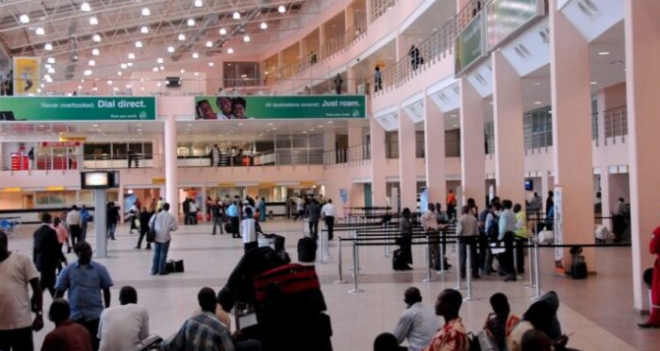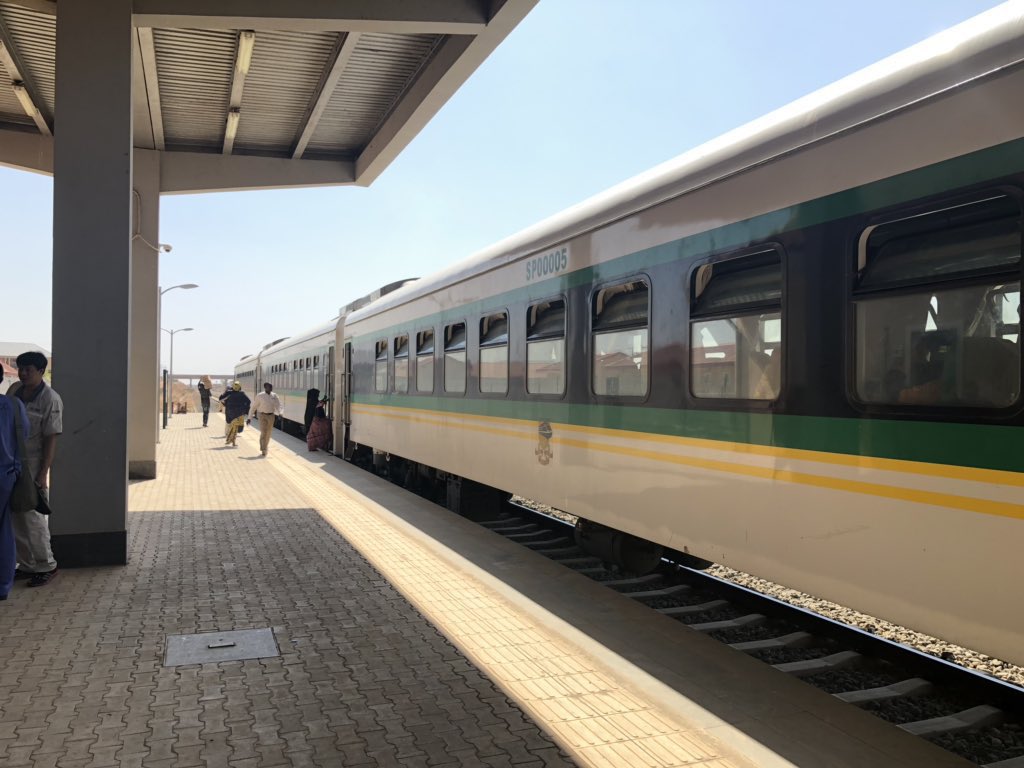Minimum wage: FG, Labour meeting ends in deadlock

Indications emerged yesterday that the Federal Government and organised labour are heading for a showdown over a new minimum wage as the 6th meeting of the Tripartite Committee on the new National Minimum Wage, NNMW, ended in another stalemate.
Organised labour’s negotiating team for the second time in two weeks, however, walked out of the committee meeting after the Federal Government increased its offer to N60,000 from the N57,000 it offered on Wednesday, May 22.
Organised Labour, represented by the Nigeria Labour Congress, NLC, and its Trade Union Congress of Nigeria, TUC, counterpart, had on May 15, walked out of the tripartite committee meeting after the government offered N48,000 and Organised Private Sector, OPS, offered N54,000, against the N615,000 minimum wage demand by labour.
It will be recalled that at last week’s meeting, the government and the private sector offered N57,000, while Labour reduced its demand from N615, 000 to N497, 000.
However, at the resumed meeting yesterday, the government and the OPS added N3,000 to last week’s offers of N57,000, thereby raising their offers to N60, 000.
Labour immediately followed the footsteps of the government and OPS to reduce its demand by N3,000, bringing it down to N494, 000 before walking out.
Labour had given government up till May 31, to conclude negotiations to avoid industrial disharmony.Confirming the development, President of NLC, Joe Ajaero, told Vanguard yesterday: “The government is not serious with the negotiation. They just added N3, 000 to their offer last week.
The painful aspect of it is that the government team is not giving explanation to its offer. We equally removed N3,000 from our demand and left.”
Pending ultimatum
On the next line of action, the NLC president said: “We have an ultimatum pending on the minimum wage and electricity tariff. We are waiting for the ultimatum, including the government.
“There are still days remaining before the ultimatum expires. Well, it is part of negotiation. Nonetheless, like I said, the government team is not serious. On our part, we know what to do when the ultimatum expires.”
Giving more insight into what transpired at yesterday’s stalemated meeting, a source at the meeting said: “We walked out again. They (the Federal Government) added N3,000. We reduced by N3,000.
“We anticipated what they are doing, we anticipated that they will come up with another gimmick because we have been telling them, break down what you are giving as an award, break it down the way we broke our own down.
“Housing, food transportation, health, education and others but they have refused consistently. This is because if they break it down, are they going to now say food is N100?
“For you to put everything under N57,000 or N60,000 as it is now per month, you cannot put food per day at N200. If you put food per day at N200, that will be N6,000 multiply by four, that should be N24,000. What is left now is N36, 000.
“You cannot say transport is N50 because once they commit themselves to it, they are now telling Nigerian workers that what we are giving you for transport is N50 in a day, what we are giving you for housing is so, so and so. That might put them in a very tight corner. They cannot break it down.
“We are telling them that what they gave us in 2019 was N30,000. At that time, the value of N30,000 was $84.
“When we got to the meeting today (yesterday), they increased from N57,000 to N60,000, then the organised private sector aligned with them. We did not want them to adjourn because we are heading for strike from the first of next month (June).I do not think they can reconvene before that time. That is where we are.”
On the mood of government team when it was making the offer, the source said: “The government side is not even in a good mood. Members know that they are in a very difficult situation. At the last meeting, we told them they are not government and that they should not make it appear as if they are government.
“They are only representatives of government. Today (yesterday), when we were discussing with them, we said a loaf of bread is now N2,000. So, even if somebody is eating bread every day, how much would it cost in a month?”
The source said the government team, as usual, pushed the Minister of State for Labour, Nkeiruka Onyejeocha, to announce the N60,000 offer in the presence of the Minister of Finance and the Minister of Budget.
‘’The Head of Service was represented by a Permanent Secretary in the Secretary to the Government of the Federation, SGF, Office.
He said: “The governors were not represented at today’s (yesterday) meeting again. They are running away. What we have observed is that the governors don’t want to get involved because they do not want to pay.
“For me, what is happening is a new development because they are trying to tell us why government will not be able to pay and the private sector is telling us how their productivity has been eroded and how so many of them have closed down.
‘’If we follow this very well, it changes the approach to governance. That is a situation where you don’t carry many people along.”
Labour’s demand may endanger job security — OPS
On his part, the spokesperson of OPS, and Director-General of Nigeria Employers’ Consultative Association, NECA, Adewale-Smatt Oyerinde, insisted that the major concern of members of the OPS was job security, pending when the economy improves.
He said: “It is important to note that what the committee was constituted to negotiate is a new national minimum wage and not maximum, that could be termed the “floor” wage, below which no employer should pay.
“Employees should be able to navigate their paths toward higher wages through increased productivity and value addition.
“In the last three years, hundreds of companies have exited the country, shut down or changed business models. These companies include Jubilee Syringe Manufacturing, JSM, Procter & Gamble, Unilever Nigeria Plc, PZ Nigeria Plc, GSK Nigeria Plc, Sanofi Pharmaceuticals, Bolt Food, Nampak, Microsoft, Jumia Food, Equinor (oil & gas), Mayor Biscuits Company Limited, Greif Nigeria, among others, with many other multinational companies declaring over N1trillion in combined losses.
“According to the Manufacturers Association of Nigeria, MAN, about 767 manufacturing companies were shut down and over 335 experienced distress in the country in the last three years.
‘’In addition to this is a burgeoning N350 billion worth of unsold inventory of manufactured goods, of which the same fate is faced by Small and Medium Scale industries, SMEs. The private sector is on the precipice of collapse, with massive consequences for jobs.”
He pleaded with the “committee to refocus its effort on protecting jobs, boosting the capacity of the private sector to create more jobs and ensuring sustainability and ability to pay







